
I judged the Oban Silver Medal with Ian Duncan and Malcolm McRae. I remind readers of the statement top left on this page.
The standard has been better. I don’t know if it was the tuning facility in the rather dank Ceilidh House, but too many pipers just didn’t have settled instruments on which to demonstrate their prowess.
As stated earlier, the winner was Nick Hudson, Pittsburgh, USA. His tune was the MacDonalds are Simple. He was heavy with the gentle cuts from C and B in lines one and two but got these just right in line three. (No such problem when he repeated the first line of the ground at the end.) Variation 2 was not to my taste but he was consistent with it and finished with a strong finger on an unmoving instrument.
Second placed Cameron MacDougall, Nigg, played A Flame of Wrath. The pipe and finger were up to standard. He cut the cadence E /D to low A figure in the ground rather harshly but otherwise it was well played. Variation 1 was too round for me but was consistent. In third came Connor Sinclair, Crieff, with a correct, clean Hector MacLean’s Warning. Musically a bit stiff, Connor did not enhance his delivery by cutting down from E to the low G in the final phrases of each line of the ground. Though written this way, this E should really be treated as a melody note.
Fourth was Darach Urquhart, Kyle & Glasgow. The pipe wavered in the urlar but settled thereafter. Apart from rushing the doublings in the variations, he had a professional delivery with accurate, crisp taorluath and crunluath movements. Fifth prize went to Anna Kummerlöw from Germany, also playing Flame of Wrath. Anna was very positive with her presentation and a bolder chanter sound and less snappiness with the low G connecting notes in the crunluath doubling and she might have done better still.
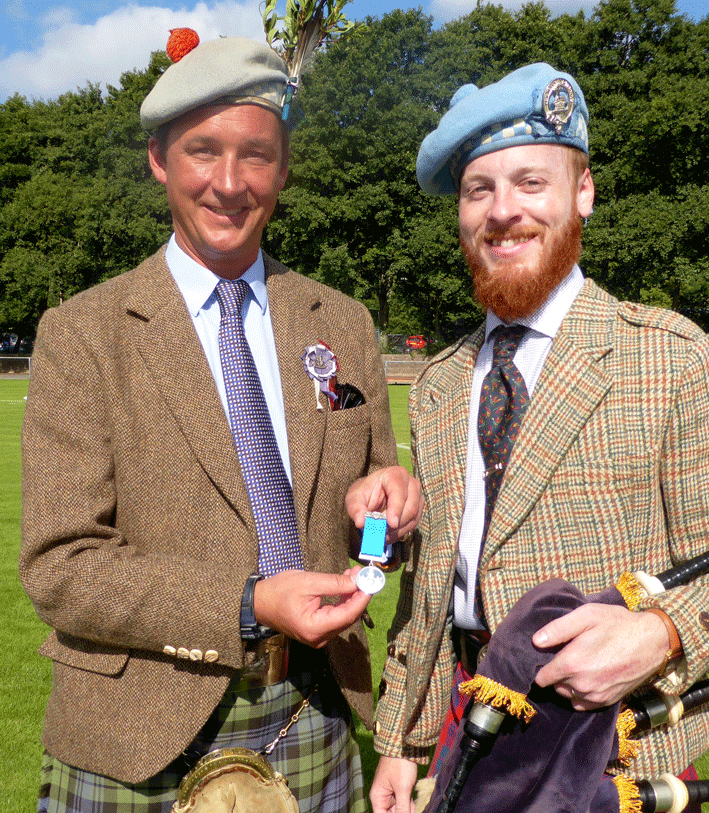
Of those not in the list a mention for Stuart Easton, NZ, who was heading just there until he forgot to play the last two notes of his I am Proud to Play a Pipe. Can you believe it! Such is the pressure of the Silver Medal; the minute you think about the chequered flag you’re done. A fine performance from Stuart nevertheless. Sarah Muir, Campbeltown, a quality player, had perhaps the best bagpipe in the competition and very clear technique.
She played the Donald MacDonald’s setting of The Piper’s Warning. Unfortunately her interpretation left a lot to be desired with a rather clumsy treatment of the B grip passages in the ground and an unfocussed taorluath and crunluath. I wonder at the wisdom of submitting these settings at this level. Adjudicators can only assess what is in front of them. If that does not do it for them musically then the piper is not going to get a prize. I would say leave the more dubious stuff until your reputation is assured. Playing piobaireachd is hard enough without making it extra difficult.
Andrew Hall, Northern Ireland, had a fine pipe and finger but like Connor cut the E melody note to low G in Hector MacLean and his T&C was in 6/8 time with little focus on the theme notes. John Lee, BC, started well on a good instrument but his low G Ts & Cs need work. Ben Duncan, Army: good pipe and finger, lifeless treatment of MacDonalds are Simple; Ursa Beckford, Maine, was another D MacDonald person, this time with Castle Menzies. He declared that this was the setting to be played and proceeded to give a setting based on it instead. He was quite right to do so in my view but should have said so. The tune was good in parts; the pipe well off by the end.
Jacob Dicker, Ontario, (MacDonalds Are Simple) showed promise but was too careful in the crunluath and slowed down between dithis singling and doubling to poor effect; Craig Sutherland, Crieff, (Hector MacLean) had a good ground but was guilty of serious rushing thereafter; Ben McClamrock‘s chanter intervals just did not seem right; good finger; Ed Bush tried too hard to be different with Castle Menzies but displayed considerable potential; Ed McIlwaine, BC: good music, weak pipe; ditto Matt Pantaleoni and Maël Sicard-Cras.
The picture up top shows Gold Medallist Ian K. MacDonald, runner-up Sean McKeown, MacGregor Memorial winner Finlay Cameron and Silver Medallist Nick Hudson leading pipers on to the field on the second day of the 2016 Argyllshire Gathering. Others in the picture are Jamie Troy Jnr., Jori Chisholm and Derek Midgley.

Argyllshire Gathering Gold Medal Competition 2016
I was able this year to attend the Argyllshire Gathering and made a point of listening to the whole Gold Medal competition. It had a very attractive list of set tunes: The Battle of Waternish, The Gathering of Clan Chattan, I got a Kiss of the King’s Hand, Isabel MacKay, Lament for MacSwan of Roaig, Mary’s Praise, My King has landed in Moidart, The Stewarts’ White Banner.
Oban is a great setting and the theatre in the Corran Halls provides an excellent venue from an audience perspective, with comfortable banked seating, plenty of leg room and good acoustics. Each player and their tune is announced, a welcome approach. Ticket price is embarrassingly low – £5 for whole day of entertainment! It is a long sit by the way, 9am till gone 6pm, with an hour for lunch the only break…
I am commenting here purely from an audience perspective; I was there to listen, not to judge. I was not following the scores, nor, even in a venue with good acoustics, does the audience have as good a chance as the judges to hear the merits or otherwise of each performance. Suffice to say my notes, made after each performance, show for the winner: ‘Ian K MacDonald, Mary’s Praise. Good bagpipe. Good tune.’ (i.e. well played).
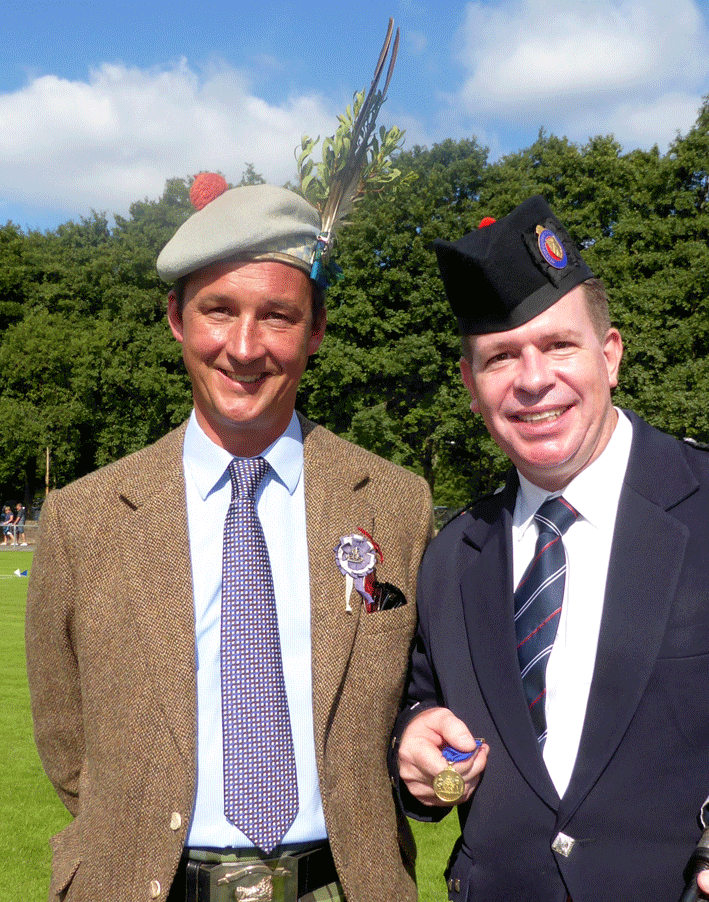
Apart from one delay caused by a withdrawal early in the day, the event flowed well – 28 competitors listed in the programme, 25 played. The allotted tuning time of four minutes seemed fine, especially if players included reasonably melodic tuning passages with the main theme notes from their tunes, such as a piobaireachd variation in same key so that listeners’ ears could be accustomed to that performer’s chanter; particularly helpful with high G, but also with D, which featured in some of this year’s tunes and which was not adequately prepared by some competitors.
The audience for the Gold Medal competition, one of the most prestigious events in the piping calendar was pitifully small at times though it did improve a little in the late afternoon after the Senior Piobaireachd competition had finished. Some competitors (thankfully a minority) don’t help, seemingly oblivious to or even actively ignoring the audience – going into a corner of the stage to play, failing to acknowledge applause. The winner was not guilty! Clearly competition is the dominant component of such events, but the audience should be part of the proceedings.
I would encourage my fellow competitors in amateur events to make at least an occasional visit to either the Argyllshire Gathering or the Northern Meeting; we can learn much. The Royal Scottish Pipers’ Society is usually fairly well represented, as it was at this year’s Argyllshire Gathering, with several members in the audience for the Gold Medal.
There were some disappointments from the day: some of the tunes did not get a really good performance; a significant proportion of players had technical shortcomings, notably with throws or with the double echo on B; the crunluath a mach seemed a challenge for some. My personal preference is to hear more emphasis on phrasing and subtlety of timing than most showed.
Grumbling over! There was a lot to enjoy and, of course, this is a big event, bringing serious pressure on competitors, so it is inevitable that some performances suffer; hopefully those who did not do themselves justice on the day will be able to learn from the experience. It was a hot day and my impression was that this did affect some performers.
It was a real treat to hear Cameron Drummond playing (and playing very well) the Donald MacDonald setting of Stewarts’ White Banner (Lament for Samuel). The tune which I expected to enjoy least, the Gathering of Clan Chattan, was given a rousing performance by Decker Forrest and afforded Donald MacPhee the opportunity to display superb dare movements. I very much enjoyed my day. Good company, good piping, good selection of tunes.

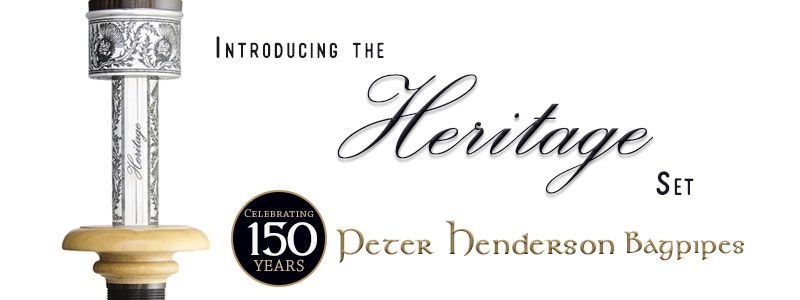

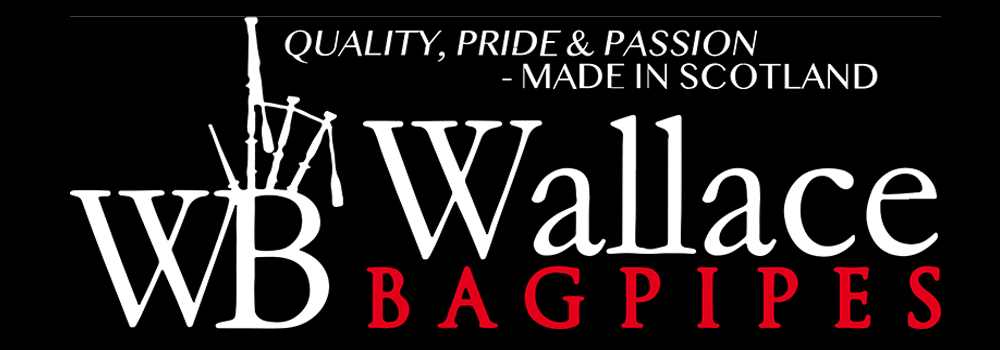
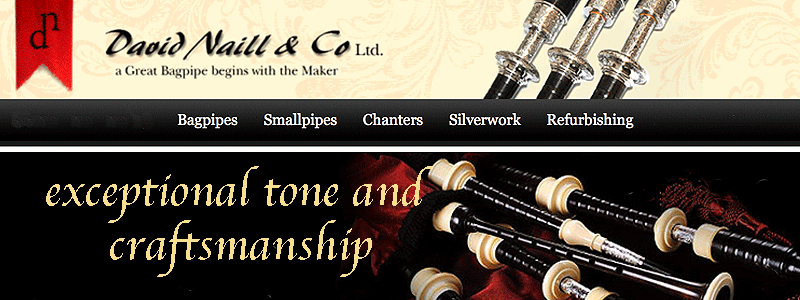



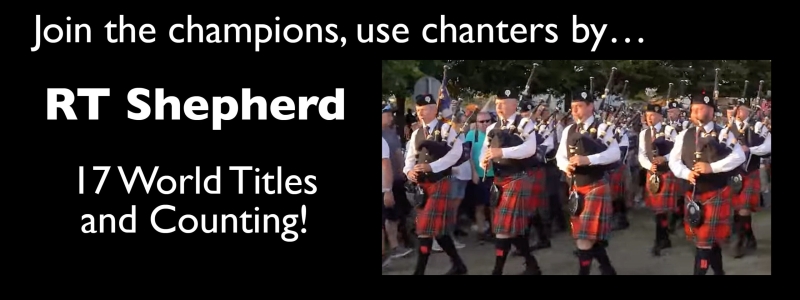





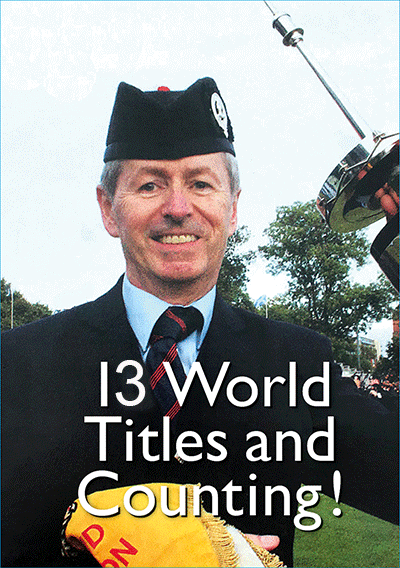
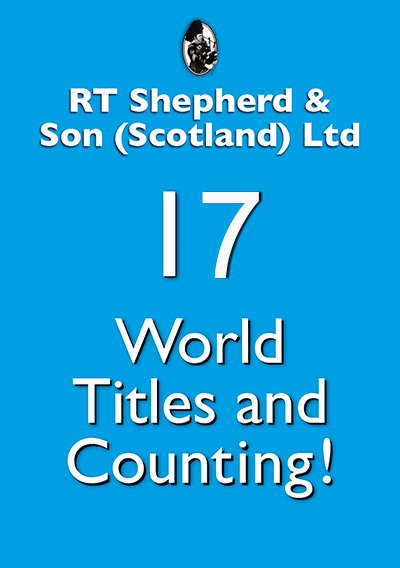
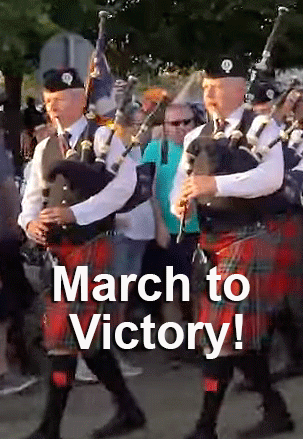







Two thoughts: you will have to grow accustomed to hearing more pipers submitting Donald MacDonald settings, despite any misgivings you may have. As I mentioned in my presentation at the Piobaireachd Society this year, it is inevitable. That will mean a lot of exploration taking place on the boards, a lot more exposure to different types of expression, and unavoidable experimentation until both pipers and judges get accustomed to understanding and interpreting these scores. There is no reason for anyone to be told they should wait before taking these on.
Another thought: this competition should be live streamed. The organizers will more than likely recuperate any expenses, if done using a donation model. Nothing gets taken away my life streaming, in the audience worldwide will be quite large.